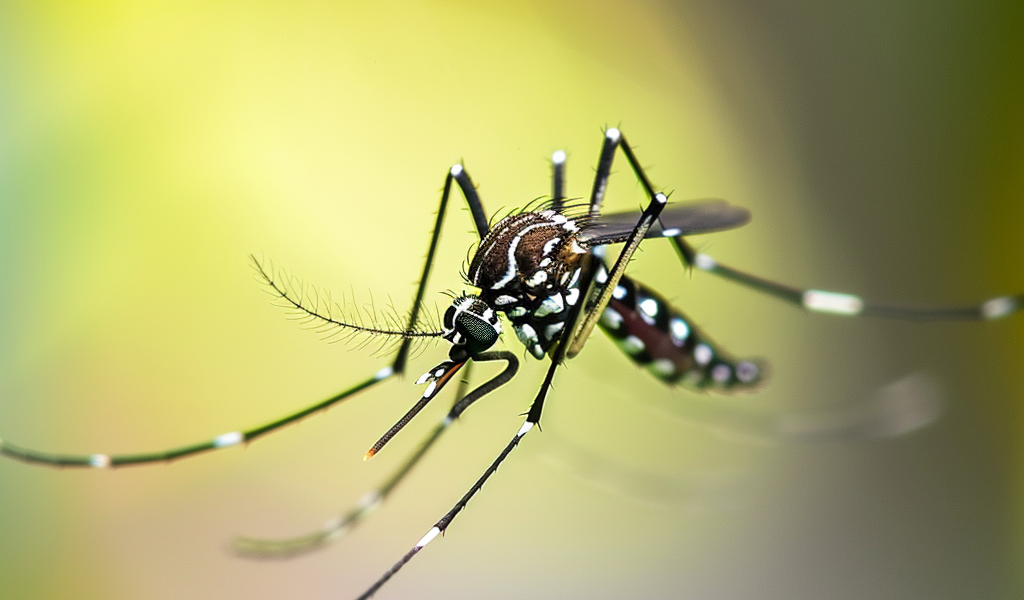On Sunday, April 28, 2024, the world faces a growing threat as Dengue fever spreads amidst a warming planet. Unlike the stealthy malaria-spreading mosquito, the female Aedes aegypti announces her presence with an annoying buzz before delivering a painful bite that can transmit the flavivirus pathogen causing Dengue fever.
The Centers for Disease Control and Prevention estimate that around 100 million people worldwide fall ill with Dengue annually. While many infections go unnoticed, some individuals suffer from severe joint pain, hemorrhage, and in extreme cases, death, a condition known as ‘breakbone fever’. The lingering effects of Dengue include fatigue and cognitive impairment, with the number of cases rising significantly in recent years.
In 2000, approximately 20,000 deaths were attributed to Dengue, a number that has doubled to at least 40,000 fatalities in the current year. This increase surpasses the decline in malaria-related deaths over the same period, indicating a concerning trend in Dengue fever prevalence. Latin America has been hit hardest, with reported cases skyrocketing from 535,000 annually in the early 2000s to 5.9 million cases in 2024, impacting national economies and education systems.
The expansion of Aedes mosquitoes, driven by climate change, poses a grave risk to global health. As temperatures rise, Aedes’ habitat extends, potentially exposing an additional 2 billion people to Dengue fever. Urbanization further facilitates the spread of the disease, with densely populated areas becoming breeding grounds for these disease-carrying mosquitoes. Regions like Bangladesh, India, California, southern Europe, and parts of Africa are witnessing a surge in Dengue cases, signaling a need for enhanced preparedness and control measures.
The world must brace itself for a surge in Dengue fever cases as climate change and urbanization fuel the spread of this debilitating illness. With the potential for Aedes mosquitoes to reach new territories, proactive efforts are essential to mitigate the impact of Dengue on global health and economies.





